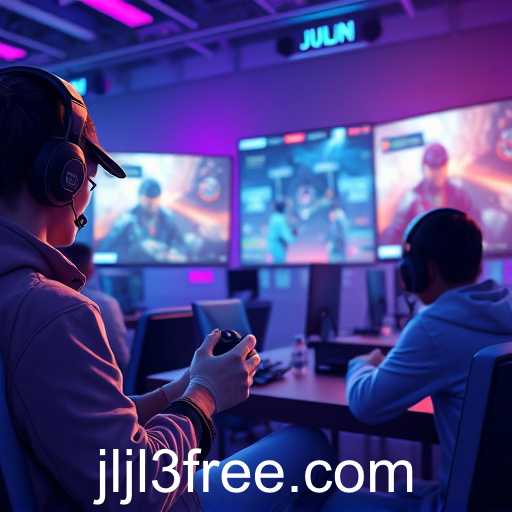In recent years, the landscape of education has been undergoing a significant transformation, driven largely by technological advancements. One of the most intriguing developments in this area is the rise of gaming platforms like 'jljl3', which are increasingly being recognized for their potential to revolutionize learning processes.
Traditionally, education has relied heavily on conventional teaching methods that prioritize rote learning. However, the integration of gaming platforms into educational settings offers a dynamic and engaging alternative. These platforms leverage the interactive and immersive nature of games to facilitate active learning, a method proven to enhance knowledge retention and foster critical thinking skills among learners.
In 2025, with technology becoming more ingrained in daily life, gaming websites such as jljl3 are at the forefront of this educational shift. They are not merely platforms for entertainment anymore, but have evolved into valuable educational tools. By incorporating elements of gamification—such as rewards, levels, and challenges—these platforms have managed to create a stimulating learning environment that enhances student motivation and participation.
Moreover, jljl3 and similar platforms are contributing to bridging educational gaps, particularly in remote and underfunded areas where access to traditional educational resources is limited. By providing a virtual learning experience that can be accessed anywhere and at any time, these gaming websites offer a flexible and cost-effective educational solution that caters to diverse learning needs.
Furthermore, the global reach of platforms like jljl3 opens up opportunities for cultural exchange and collaborative learning. Students from different parts of the world can interact within these virtual spaces, engage in discussions, and work on projects together, thereby enhancing their global awareness and interpersonal skills.
As we move further into the 21st century, it is clear that the role of gaming platforms in education will continue to expand. Policymakers and educators are beginning to recognize and harness the potential of these tools, integrating them into curricula and using them as supplementary resources that complement traditional pedagogical approaches.
In conclusion, the influence of gaming platforms like jljl3 in education signals a promising shift towards a more innovative and inclusive future for learning. By tapping into the innate human desire for play, these platforms make learning a more engaging, effective, and enjoyable process.








